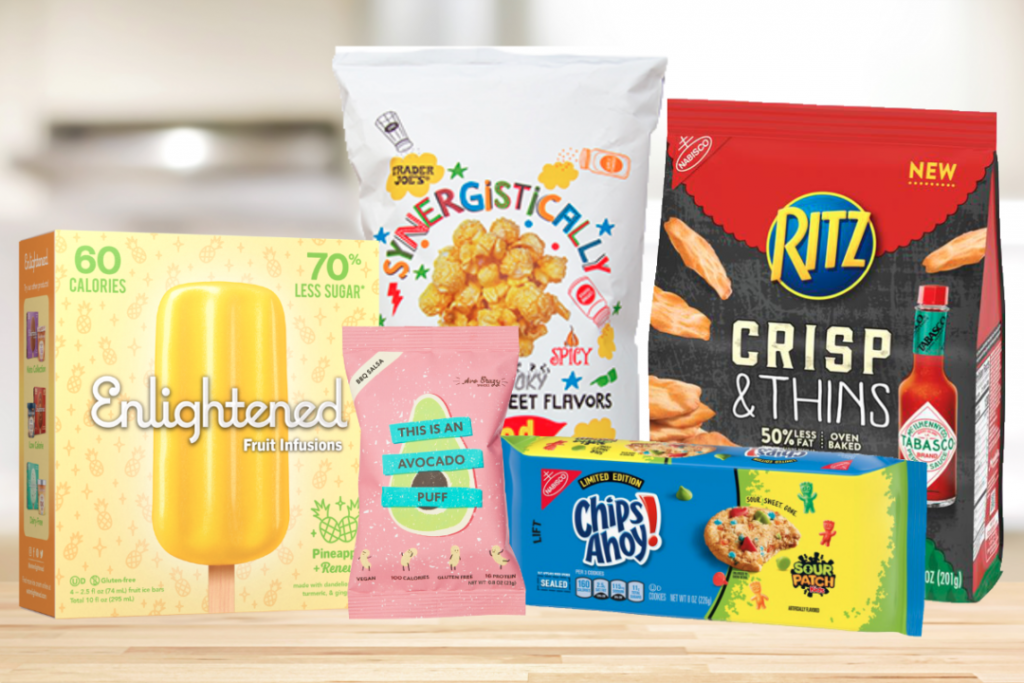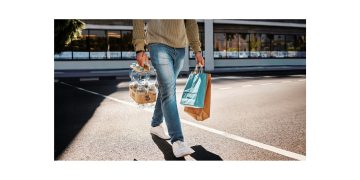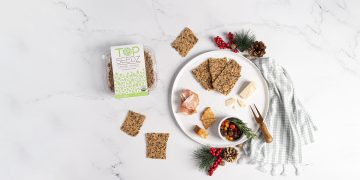Prior to the pandemic, snacks formulated with ingredients such as cassava and chickpeas were gaining popularity, promising a premium or more healthful experience than traditional offerings based on corn or potatoes. Flavors such as basil, avocado and sweet chili drew high levels of interest from mainstream shoppers, according to Mintel.

As the virus spread, consumers, in pursuit of comfort and familiarity, scooped up extraordinary volumes of conventional snacks produced by the leading consumer packaged goods companies. Kellogg Co., Battle Creek, Mich., saw cracker sales jump nearly 40% in March over the prior year. PepsiCo, Inc., Purchase, NY, tracked strong double-digit growth of brands, including Lay’s and Tostitos, up 32% and 42%, respectively.
While consumers stayed home to stem the spread of the virus, demand for on-the-go snacks eased. General Mills, Inc., Minneapolis, indicated sales of the company’s nutrition bars were soft in the most recent quarter.
Such dynamics in consumer snacking behavior are temporary and will continue to evolve in the foreseeable future. Over the coming months, consumers are expected to return to a wider variety of snack options, including those that are more health focused, according to Mintel. Longer term, an economic downturn may prompt consumers to curb non-essential purchases, such as snacks. However, a post-recession period will spark demand for more premium, innovative options, Ms. Bloom said.
Food Business News


















